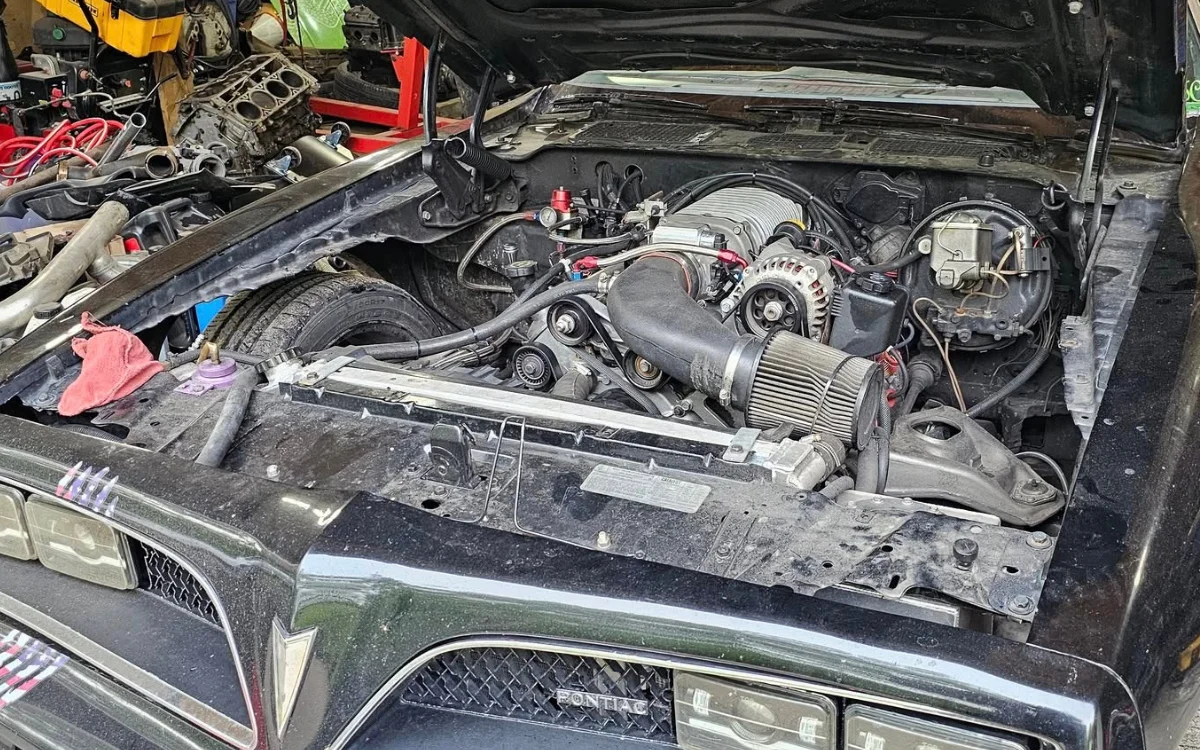Ethereum co-founder Vitalik Buterin defends prolonged staking exit queue
The post Ethereum co-founder Vitalik Buterin defends prolonged staking exit queue appeared on BitcoinEthereumNews.com. Ethereum co-founder Vitalik Buterin has weighed in on the growing concerns over the network’s staking exit queue, which has now stretched to more than six weeks. In a Sept. 18 post on X, Buterin framed the process as a deliberate design choice rather than a flaw, comparing it to the discipline of military service. According to Buterin, staking is not a casual activity but a commitment to defend the network. In that light, frictions such as exit delays serve as safeguards. “An army cannot hold together if any percent of it can suddenly leave at any time,” he wrote, stressing that Ethereum’s reliability depends on ensuring validators cannot abandon their role instantaneously. However, Buterin conceded that the current design is not perfect. Nevertheless, he argued: “That’s not to say that the current staking queue design is optimal, rather that if you reduce the constants naively then that makes the chain much less trustworthy from the PoV of any node that does not go online very frequently.” Buterin’s remarks echoed the perspective of Sreeram Kannan, founder of restaking protocol EigenLayer. In his own post on Sept. 17, Kannan described Ethereum’s prolonged exit period as “a conservative parameter” that acts as a vital security measure. He explained that the wait time protects against worst-case scenarios, such as coordinated validator attacks where participants might attempt to exit before facing slashing penalties. Considering this, Kannan warned: “Unstaking cannot be instantaneous.” He continued that shortening the process to a matter of days could expose Ethereum to attacks that drain its security assumptions. By contrast, the longer window allows for detecting and punishing malicious behavior such as double-signing. This design ensures that misbehaving validators cannot easily escape accountability. Kannan highlighted that this buffer allows inactive nodes to reconnect and periodically validate the correct fork. He argued…

The post Ethereum co-founder Vitalik Buterin defends prolonged staking exit queue appeared on BitcoinEthereumNews.com.
Ethereum co-founder Vitalik Buterin has weighed in on the growing concerns over the network’s staking exit queue, which has now stretched to more than six weeks. In a Sept. 18 post on X, Buterin framed the process as a deliberate design choice rather than a flaw, comparing it to the discipline of military service. According to Buterin, staking is not a casual activity but a commitment to defend the network. In that light, frictions such as exit delays serve as safeguards. “An army cannot hold together if any percent of it can suddenly leave at any time,” he wrote, stressing that Ethereum’s reliability depends on ensuring validators cannot abandon their role instantaneously. However, Buterin conceded that the current design is not perfect. Nevertheless, he argued: “That’s not to say that the current staking queue design is optimal, rather that if you reduce the constants naively then that makes the chain much less trustworthy from the PoV of any node that does not go online very frequently.” Buterin’s remarks echoed the perspective of Sreeram Kannan, founder of restaking protocol EigenLayer. In his own post on Sept. 17, Kannan described Ethereum’s prolonged exit period as “a conservative parameter” that acts as a vital security measure. He explained that the wait time protects against worst-case scenarios, such as coordinated validator attacks where participants might attempt to exit before facing slashing penalties. Considering this, Kannan warned: “Unstaking cannot be instantaneous.” He continued that shortening the process to a matter of days could expose Ethereum to attacks that drain its security assumptions. By contrast, the longer window allows for detecting and punishing malicious behavior such as double-signing. This design ensures that misbehaving validators cannot easily escape accountability. Kannan highlighted that this buffer allows inactive nodes to reconnect and periodically validate the correct fork. He argued…
What's Your Reaction?


















.png?#)























